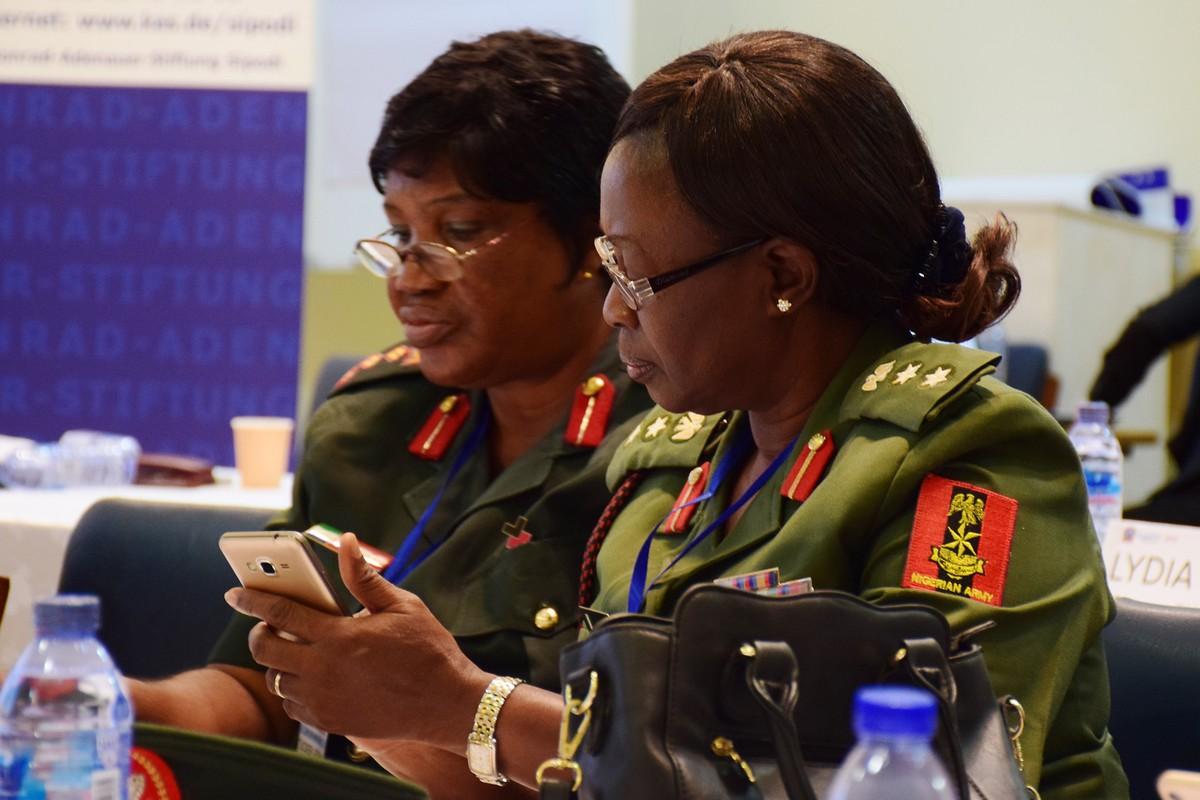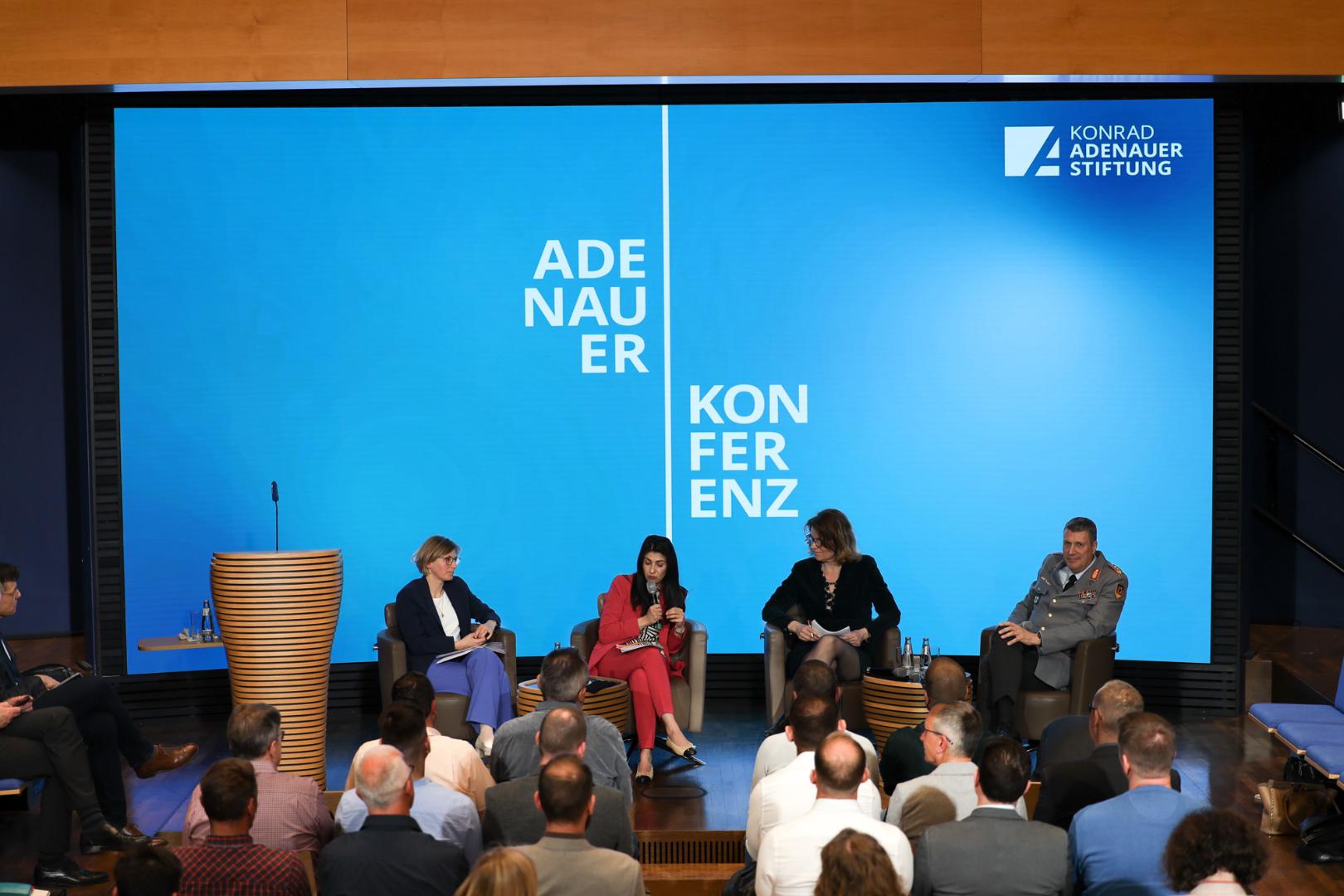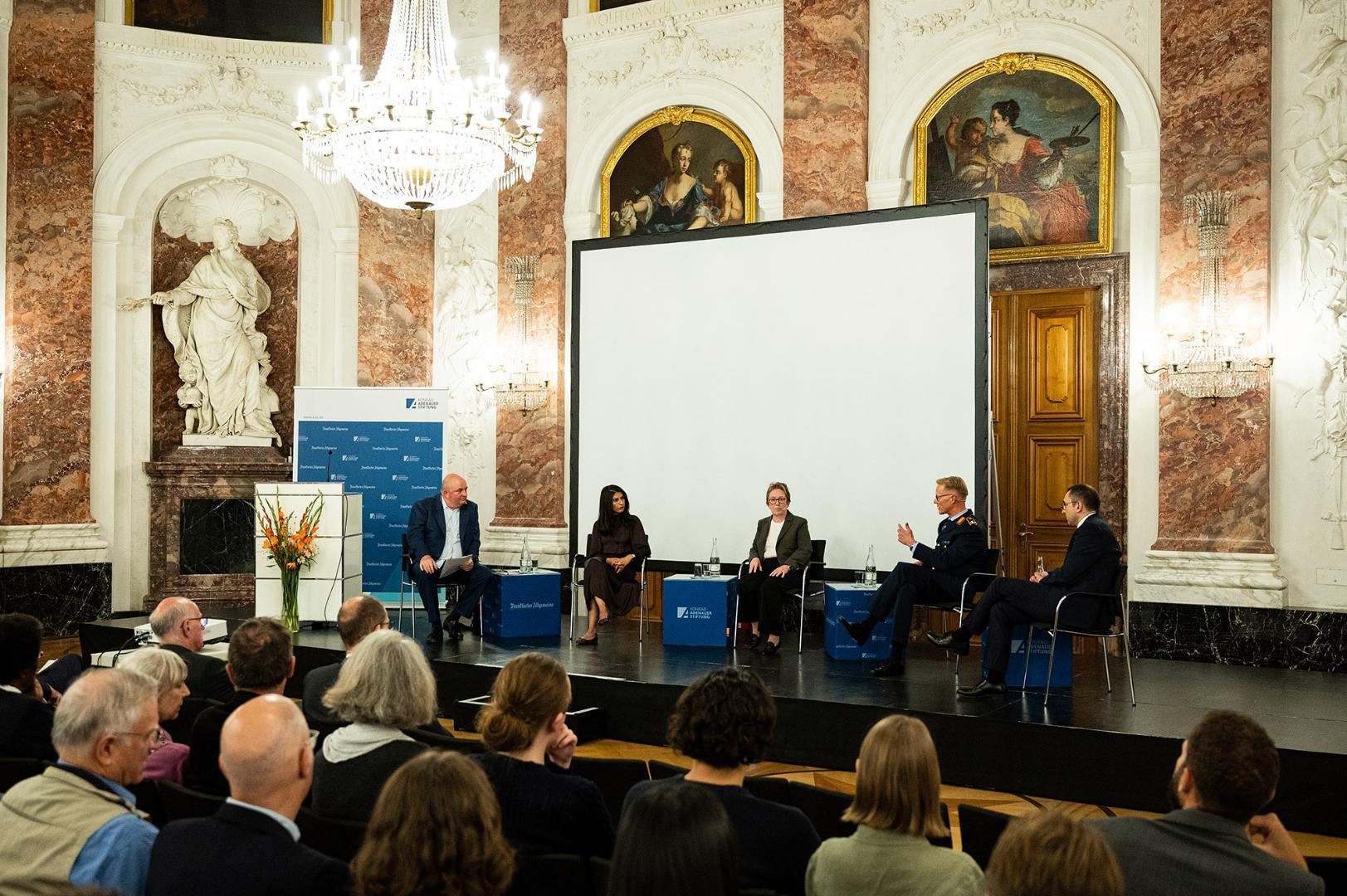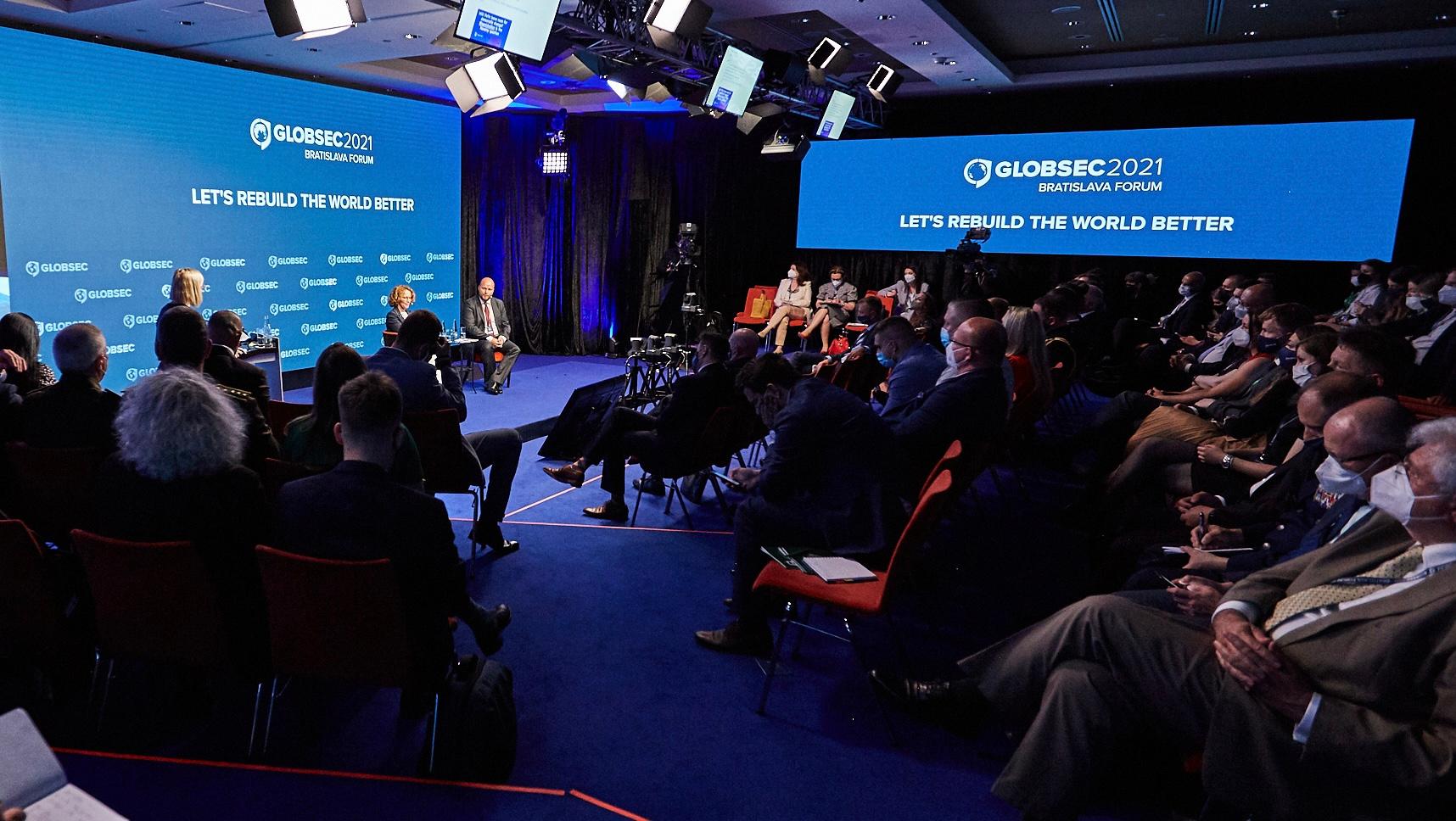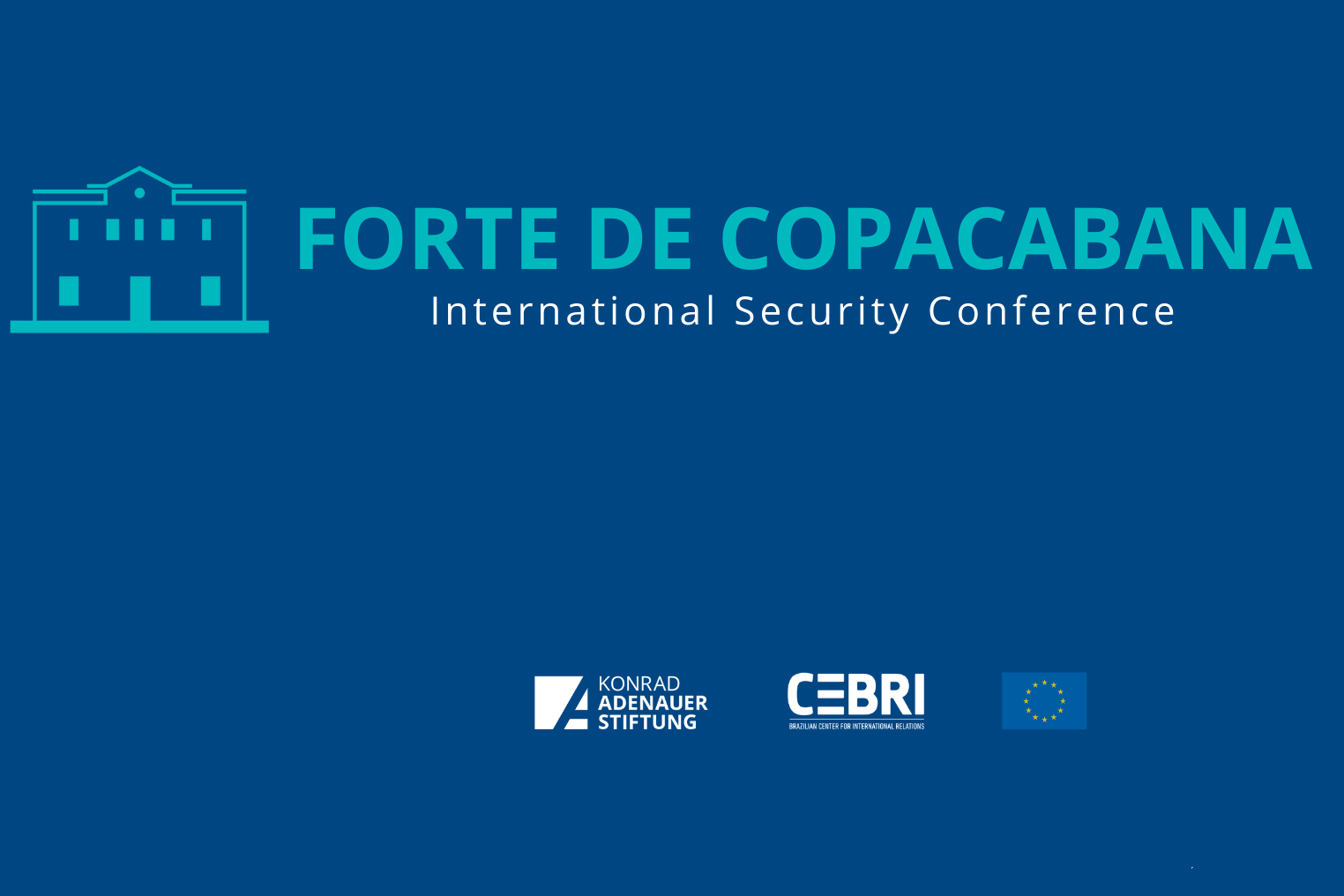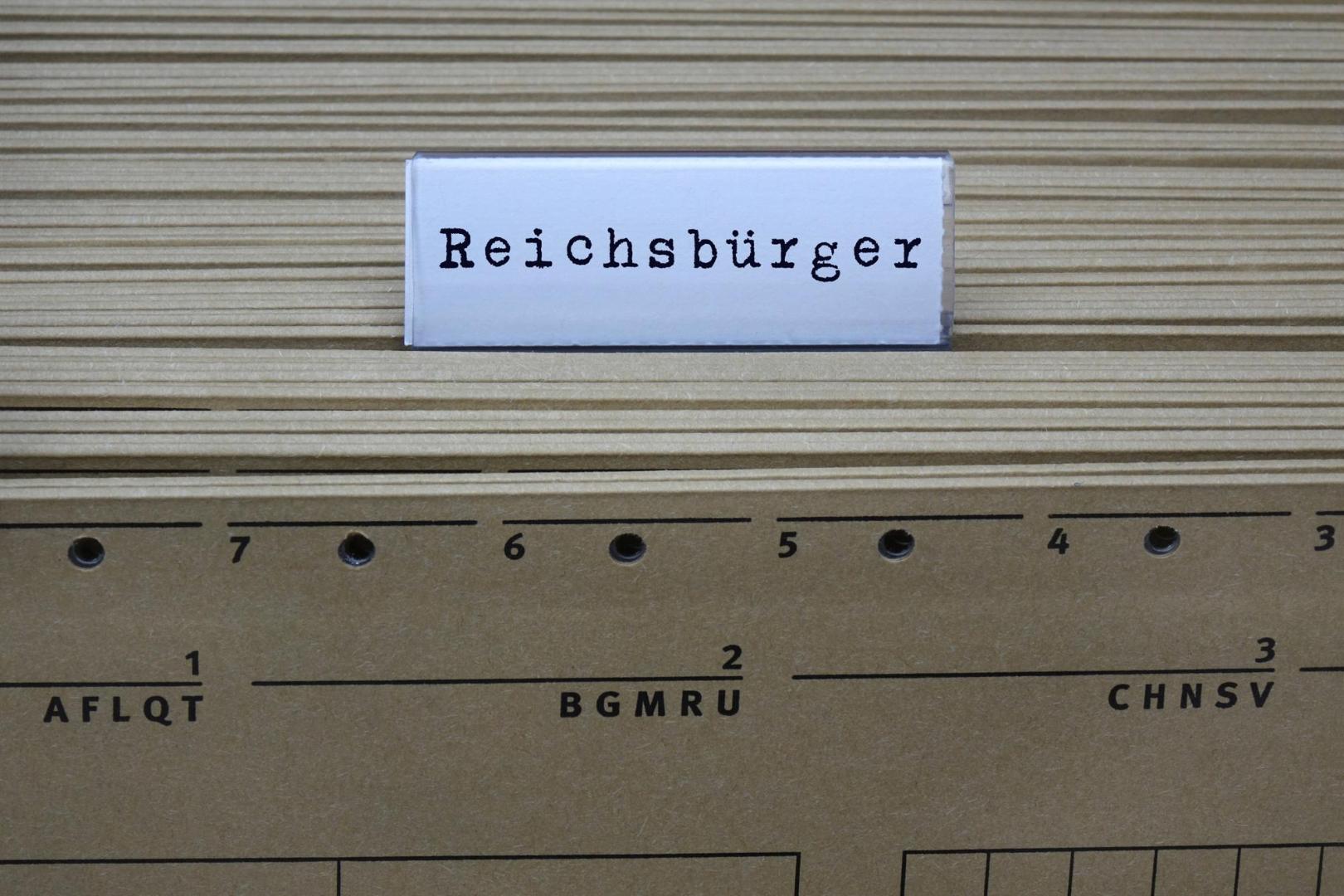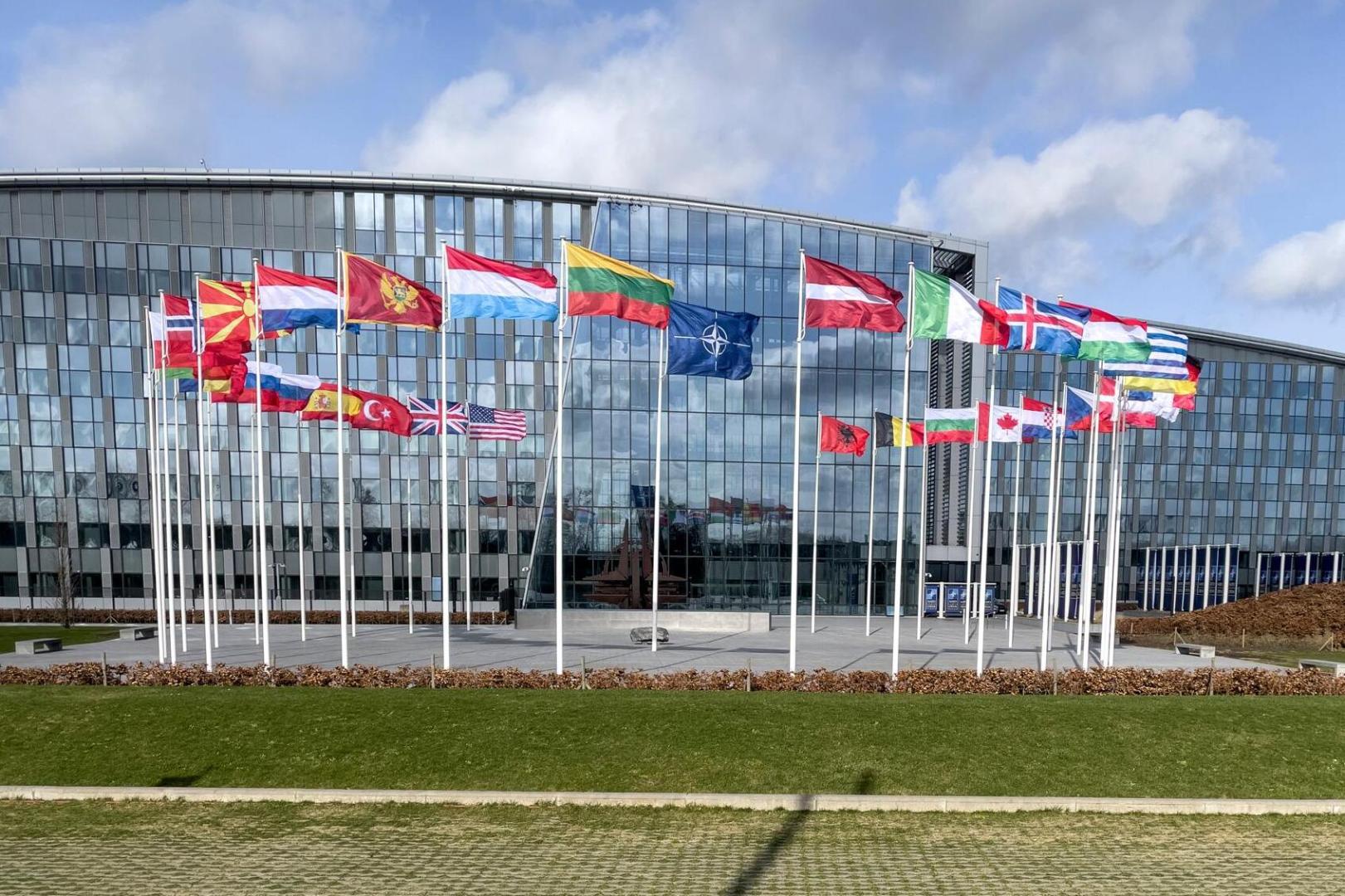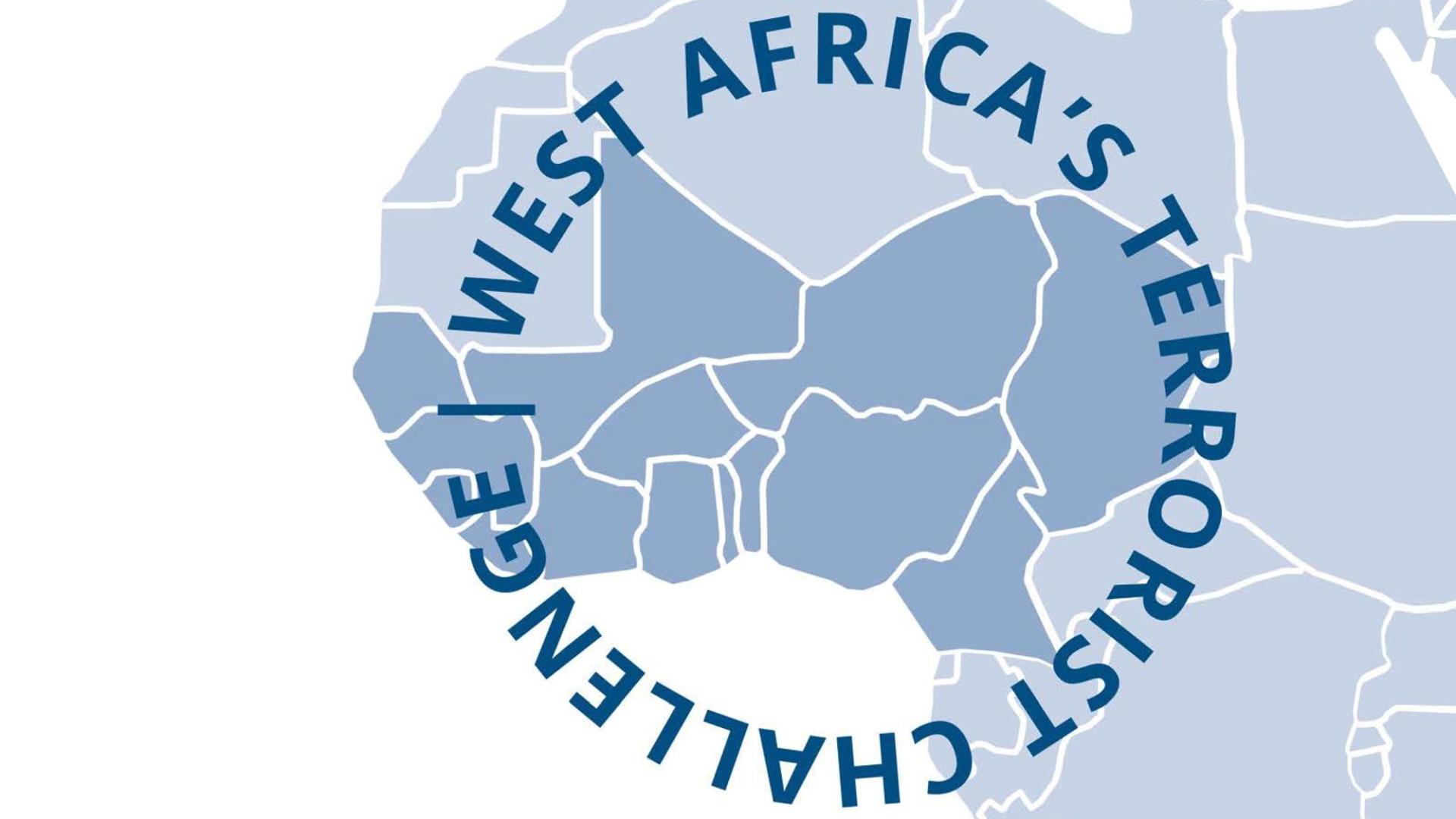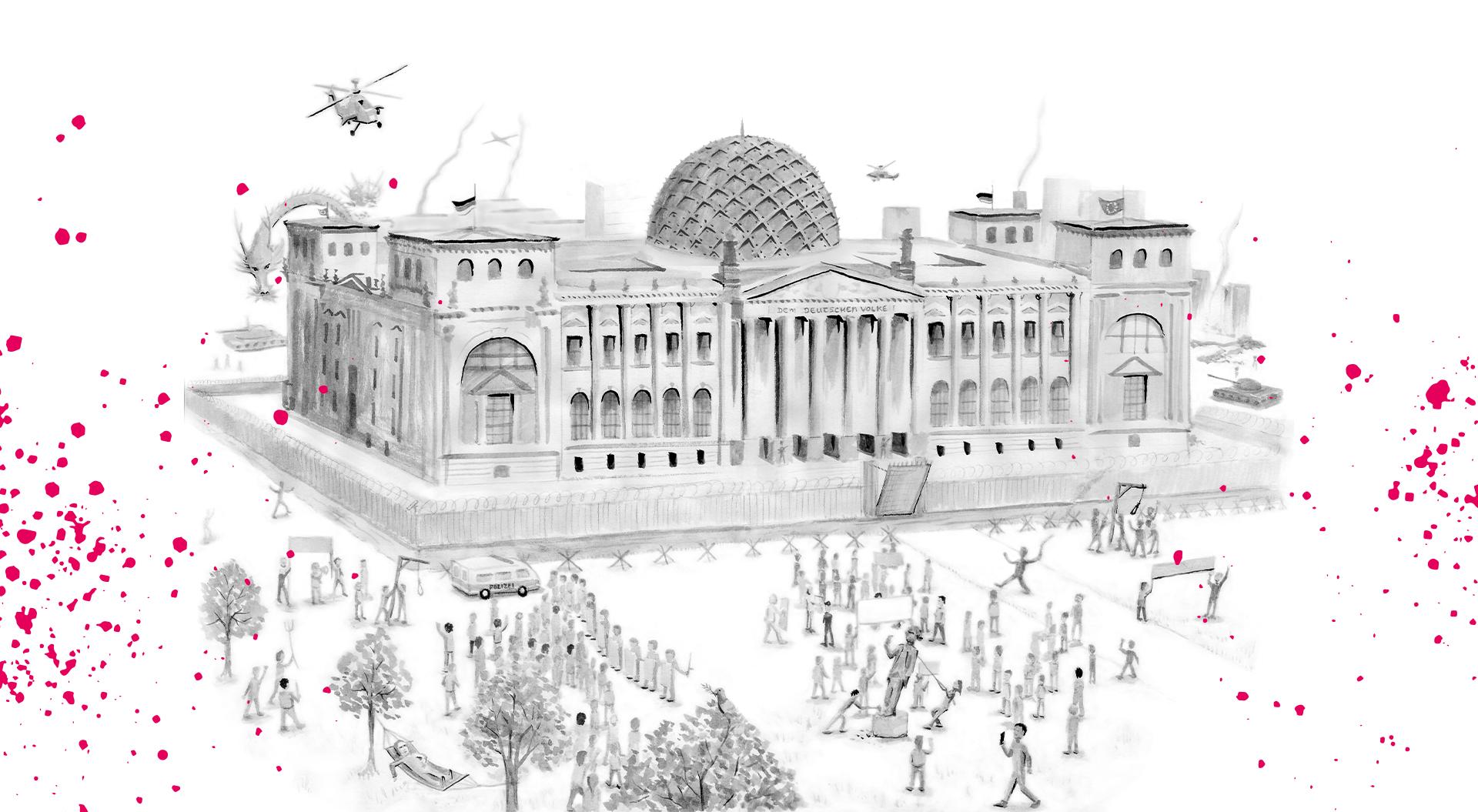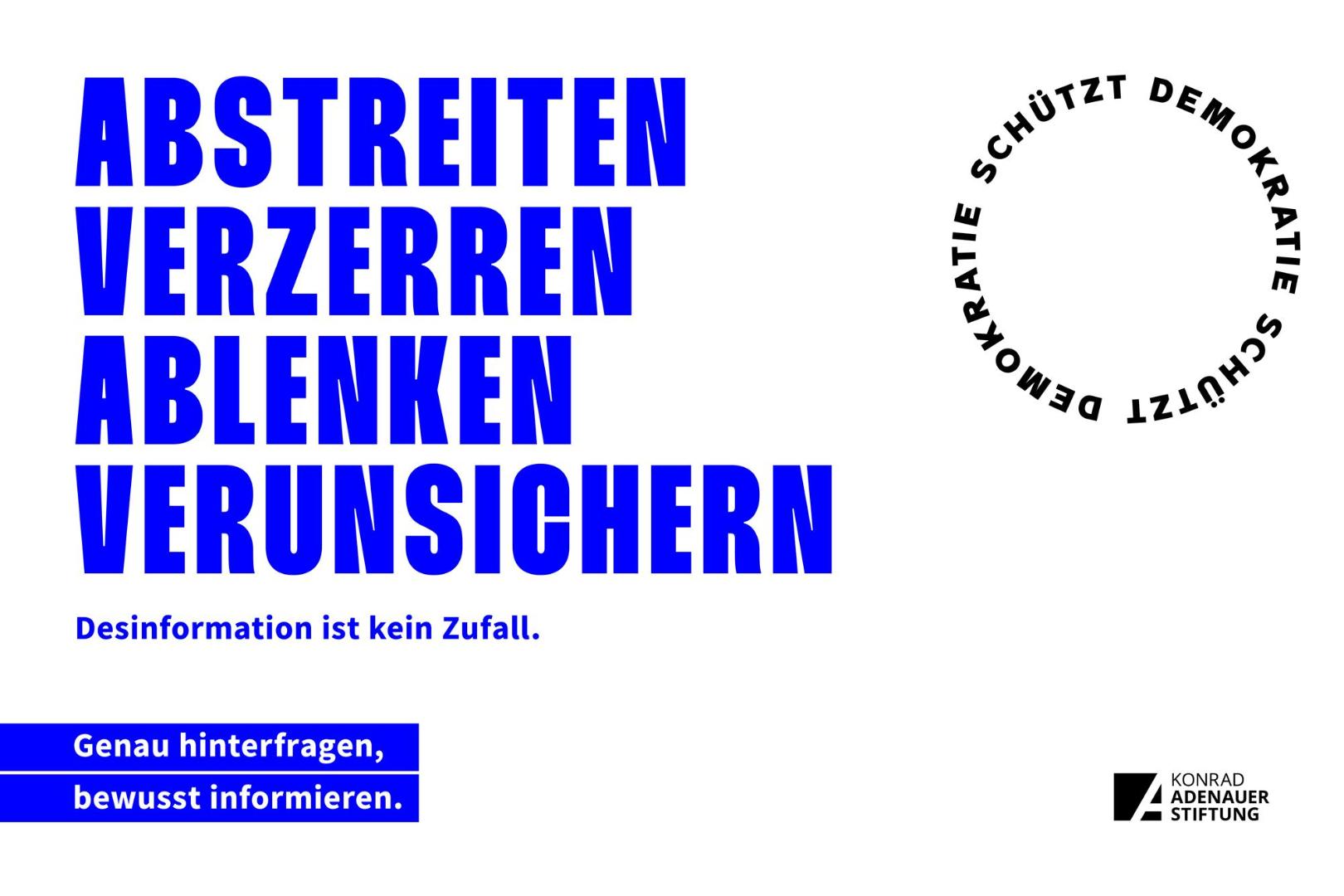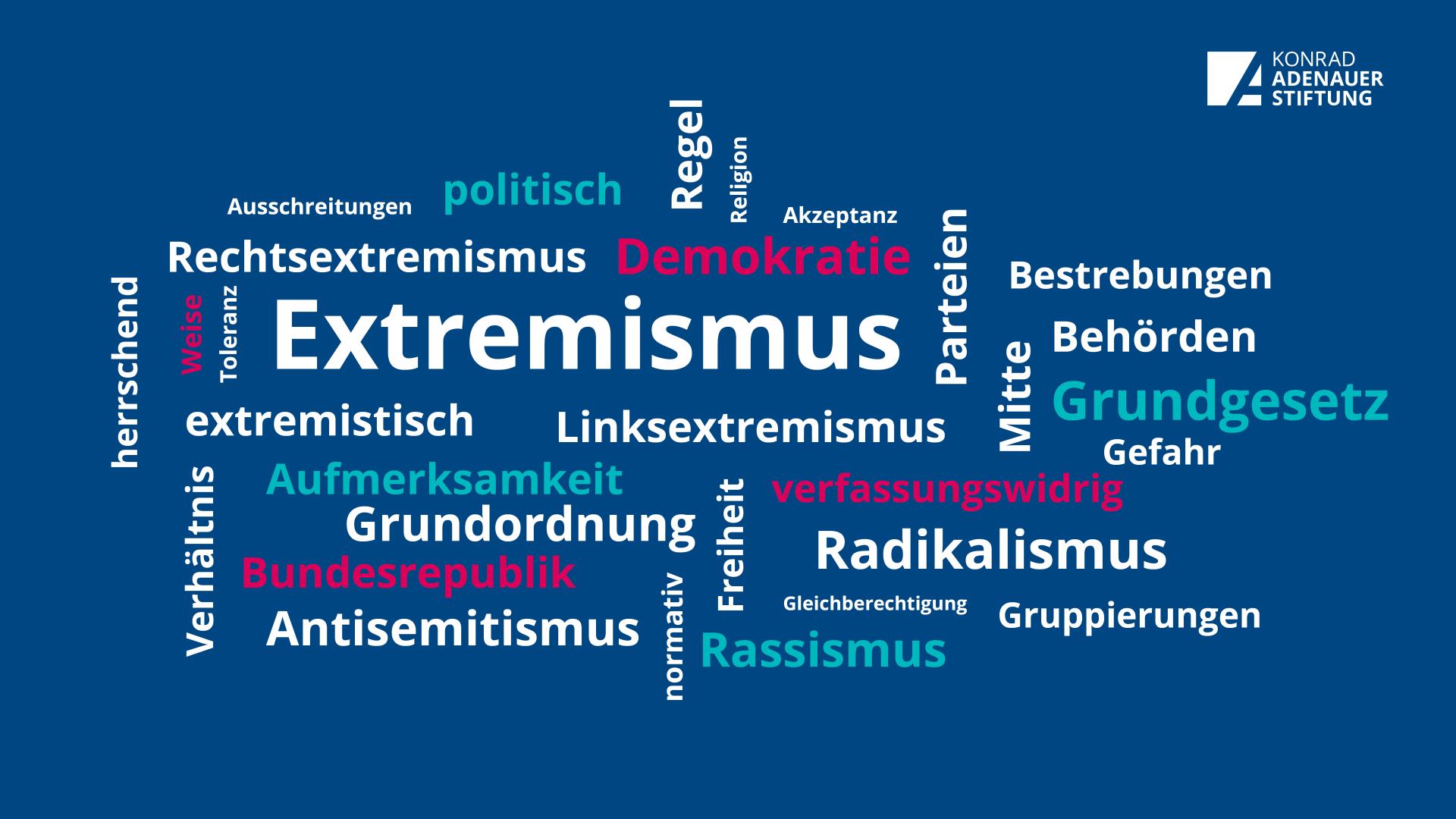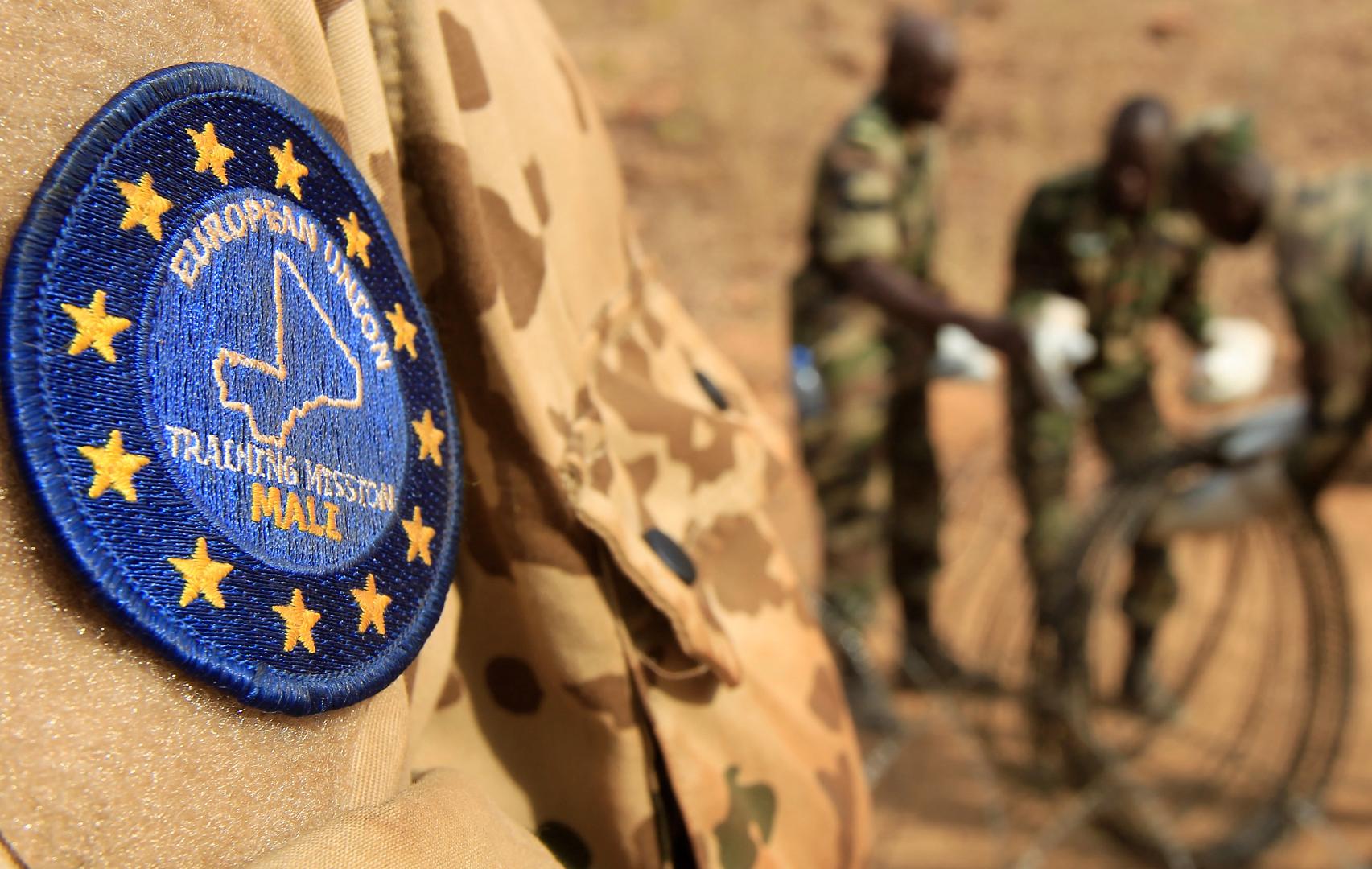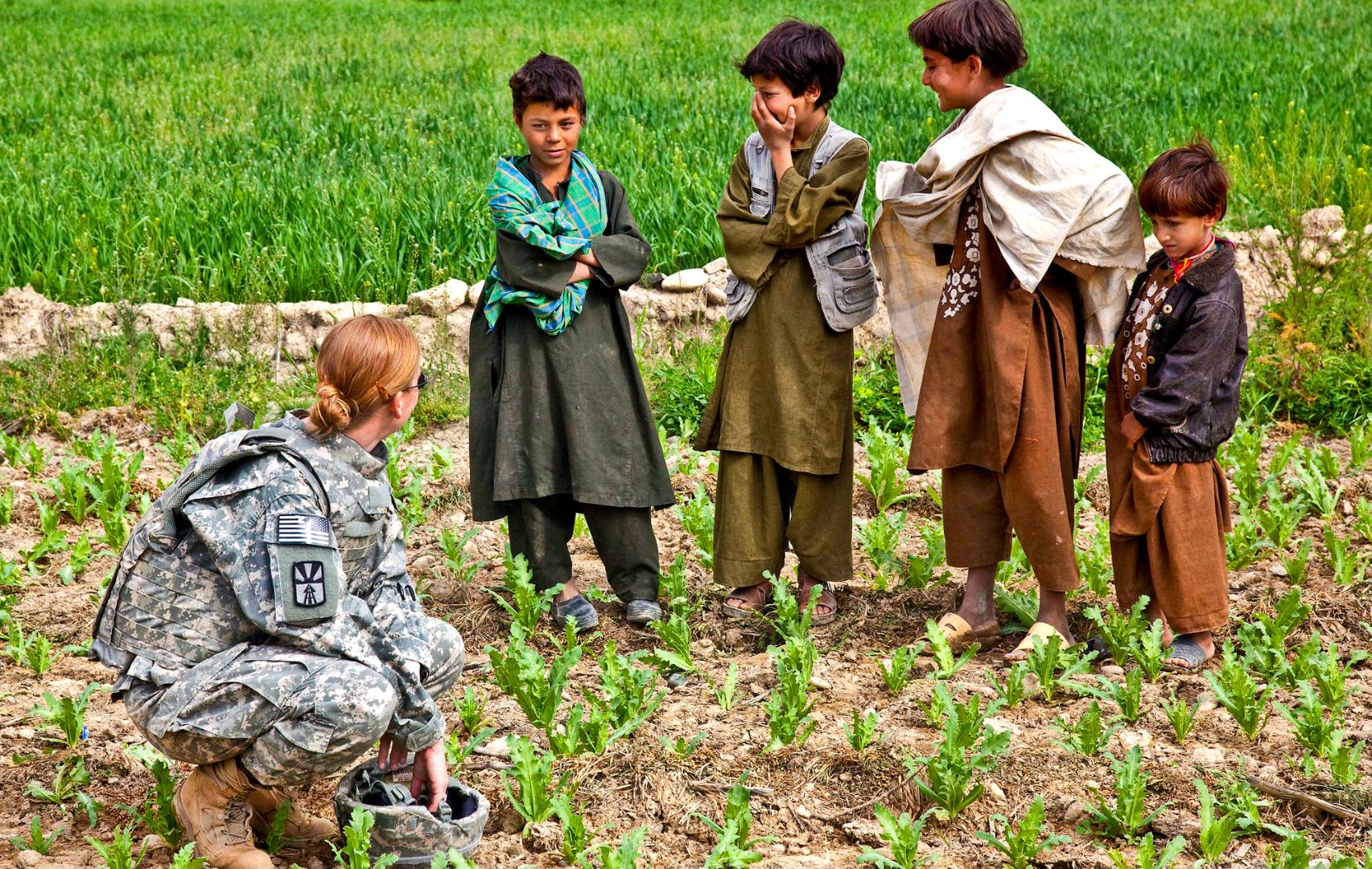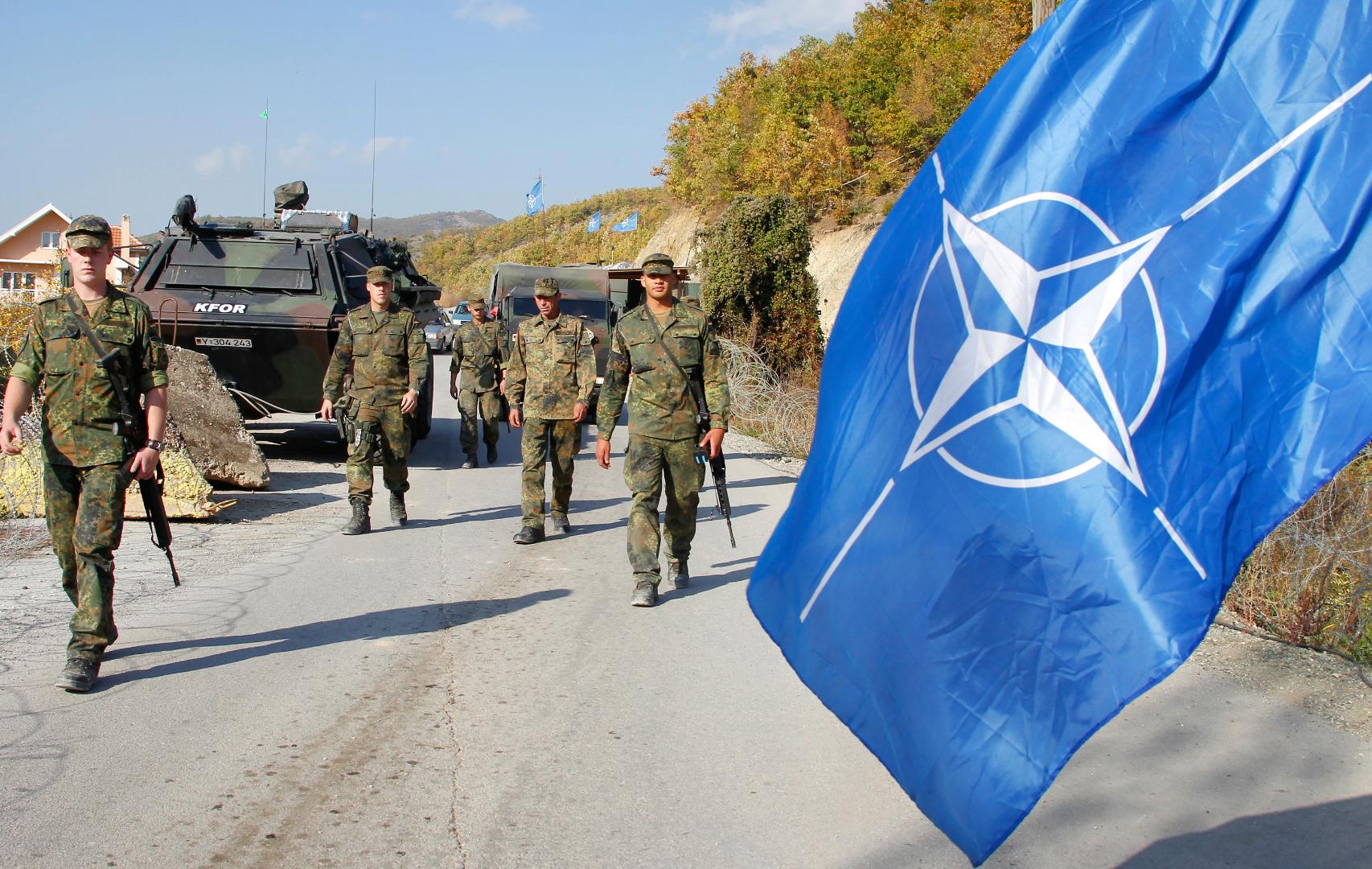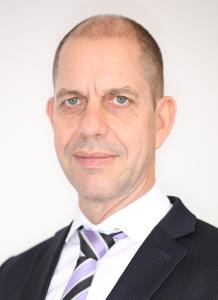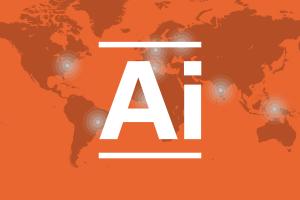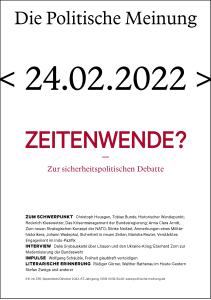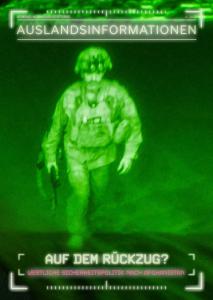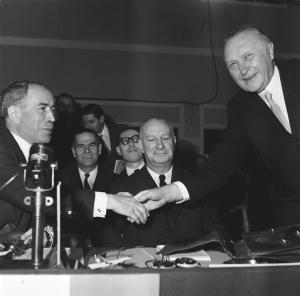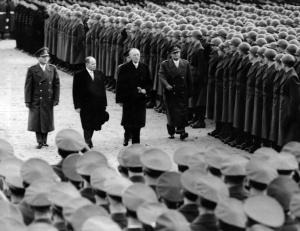A policy of strength is […] not a policy of violence. Quite the opposite! We want to serve peace by pursuing a policy that is calm, constant and thus gaining in strength.
At a glance
- Russia and China are currently considered the greatest threats to our western-style global order based on rules and values.
- The Russian war of aggression on Ukraine has revealed the fragility of our security. It is therefore essential to focus transatlantic relations more strongly on defence and deterrence once again.
- A strong NATO needs a militarily strong European Union. Developing the EU’s defensive capability is a prerequisite for NATO being able to secure peace in Europe in the future.
- Our democracies are constantly coming under threat from within. The war against terrorism and domestic security are therefore the ongoing tasks of the constitutional state.
- Security is a focal point of the Konrad-Adenauer-Stiftung’s work. Our diverse formats aim to stimulate discourse and develop options for action in crises and problem situations.
Content
1. Numerous threats to a rules- and values-based world order
2. Reflection on defense and deterrence
3. The EU must have a strong military position
4. A functioning Bundeswehr needs planning security
5. Warning of hybrid threats and their impact
6. Focus on domestic security and counter-terrorism
7. Our contribution to a better understanding of security policy
8. Our offers and projects on the topic
9. Publications, events and media contributions on the topic
The security policy challenges facing the Federal Republic of Germany and its partners are on the increase. In our “contested and unpredictable world”, as NATO describes the current international situation in its 2022 Strategic Concept, a 360-degree threat analysis, which continually captures the return of military violence on the European continent to enforce power-political endeavours, the ongoing threat posed by terrorism, the rise in global conflicts and instability, as well as the escalating systemic competition, is vital.
Numerous threats to a rules- and values-based world order
Russia needs to be perceived as the greatest direct threat to our security at present, having unhinged the existing security architecture and European peace order through the annexation of Crimea in 2014 in contravention of international law, and the war of aggression on Ukraine that followed eight years later.
What is more, the People's Republic of China is positioning itself against a rule-based order according to Western standards. The growing system rivalry between the superpowers China and the US along with tensions in the Indo-Pacific require the European Union and the Federal Republic of Germany to adopt a clear position. It is also essential not to underestimate the security policy repercussions of climate change and their significance. These multiple threats require resilient partnerships and new forms of responsibility sharing.
Reflection on defense and deterrence: Transatlantic relations must focus on their core mission
NATO continues to be the beating heart of transatlantic cooperation. After decades of out-of-area operations, the Transatlantic alliance is now increasingly focusing on its traditional core tasks again – collective defence and deterrence. With the 2022 Strategic Concept, NATO has given itself a new strategic directive that must be consistently implemented over the coming years. Germany has a key role to play here thanks to its location, size, and economic clout. Investments are needed of at least two per cent of gross domestic product into modernising the Bundeswehr so that Germany can assume more responsibility in the alliance, fulfil its promises towards NATO partners, and become the backbone of European defence once again.
The EU must have a strong military position: Basic prerequisite for security in Europe
The European Union’s unity is currently being challenged both internally and externally due to various developments. The US will significantly reduce its commitment in and for Europe over the coming years. The EU needs to find joint responses to this to counter autocratic powers. To this end, the EU has developed its own strategic approach, the Strategic Compass. From a military perspective, the member states must intensify cooperation and consolidate their mechanisms for integration. A militarily capable EU is by no means in contradiction with NATO but is rather a condition for NATO continuing to act as the main guarantor of security and stability on the European continent. As the largest national economy in Europe, Germany has to take more responsibility in the European alliance and contribute to European security and sovereignty.
A functioning Bundeswehr needs planning security: the basis for an effective and defensible army
The Bundeswehr is key to national and collective defence on the side of our European and transatlantic partners. This requires an advanced strategic culture and a fully-equipped, operational and socially anchored Bundeswehr, whose financing is guaranteed over the long term. It is only through planning security that a powerful army and reserve with the ability of defence can be built up and maintained as part of society. The soldiers, as citizens in uniform, must be equipped and trained to the highest possible standard.
Warning of hybrid threats and their impact: society and the state must protect themselves
Classic military means are no longer the only strategy deployed in modern conflict scenarios. Actors in this field rely on hybrid tactics, a combination of cyber-attacks, disinformation campaigns, attacks on critical infrastructure, migration movements and economic pressure – invariably with the goal of making societies feel insecure, destabilising them and influencing public opinion. This intensifying threat situation and increase in complex crises calls on the state to dramatically ramp up its level of protection. We, too, as a society, must learn to deal with these dangers, to protect ourselves and our democratic institutions against them and to develop resilience throughout the whole of society.
Focus on domestic security and counter-terrorism: an ongoing task for the democratic constitutional state
Maintaining domestic security is a permanent task of the democratic constitutional state. At the same time, it is threatened from various sides. It has long been clear that domestic security can no longer be separated from external factors. Actors involved in organised crime smuggle drugs, weapons, and people into the EU. Terrorist networks and political as well as religious extremists are in continuous exchange and coordinate their activities. It is only possible to effectively counter these cross-border threats by means of the necessary competences and personnel resources. Security authorities must rely on closer cooperation with one another and expand their capacities. Current developments in left-wing and right-wing extremism should be kept under close scrutiny by means of an efficient exchange between the security authorities in order to take action against enemies of the constitution, democracy and the rule of law. In light of the radicalisation processes and conspiracy ideological narratives, special emphasis needs to be placed on the digital space.
Our contribution to a better understanding of security policy: we clarify and initiate discourse
Regarding this comprehensive set of issues encompassing many different aspects, we at the Konrad-Adenauer-Stiftung e.V. mainly focus on the sub-areas of foreign and security policy, transatlantic relations, European security, the Bundeswehr and society, domestic security and counter-terrorism as well as cyber security. We also report on current security policy crises, conflicts, and wars, and analyse their actors and developments to demonstrate potential courses of action and solutions.
With our work on security and defence in Germany and abroad, which, aside from publications, events and multi-media contributions also includes more extensive website projects and topic pages, we intend to build awareness, improve understanding and initiate discourse on the security and defence policy challenges of our time.
Our offers and projects on the topic
International offices and programmes
Security is a complex and multi-dimensional topic. Security policy crises, conflicts, wars, or unstable state entities are for the most part not only of local importance, but often have a global impact due to a globalised and closely connected world. With our Security Policy Dialogue in Sub-Saharan Africa, we pursue the strategy of helping to stabilise the situation through enhanced dialogue in severely hit regions of Africa.
Security Policy Dialogue in Sub-Saharan Africa
Security policy challenges in Sub-Saharan Africa have increased significantly in over recent years and have highlighted the need for a stronger dialogue on security policy in the region. Our Regional Programme Security Policy Dialogue in Sub-Saharan Africa is represented by two offices, for the French-speaking region in Abidjan, Ivory Coast (SIPODI West) and the Anglophone language region in Kampala, Uganda (SIPODI East). One of the goals is to strengthen the African Peace and Security Architecture (APSA) through suitable, often for instance in the fight against crime and terrorism.
Event series
The Konrad-Adenauer-Stiftung provides a number of events on security policy issues. It is particularly worth mentioning our regular event series devoted to important issues for and challenges facing international and European security policy.
Adenauer Conference
The Adenauer Conference is one of our flagship events on the role of Germany in international and European security policy. As part of the conference, we debate with high-ranking experts and politicians on strategic future issues and current security policy challenges: What role does NATO play? How does the Corona pandemic impact on security policy and where does it leave Europe in the system competition?
F.A.Z.-KAS-Debate on International Politics
The annual “FAZ.KAS Debate on International Politics” jointly hosted with the Frankfurter Allgemeine Zeitung, plays a role in strengthening important discussions on foreign policy issues in Germany. A particularly interesting aspect of the event series is the synergy effect of the two event partners: On the one side, the Konrad-Adenauer-Stiftung with its more than 110 offices abroad, and the Frankfurter Allgemeine Zeitung on the other, which for many years has been analysing international politics with recognised foreign policy expertise.
GLOBSEC Bratislava Forum
The GLOBASEC Bratislava Forum is an annual conference taking place in Slovakia, having established itself as a leading platform in the Central and Eastern European region. The strategic conference, dedicated to the issues of security and international relations in particular, is one of the world’s most important events of its kind.
Forte International Security Conference
Forte International Security Conference is a multilateral forum for dialogue between South America and Europe. Together with the foreign policy think tank, Brazilian Centre for International Relations (CEBRI), and the Delegation of the European Union, the Konrad-Adenauer-Stiftung is hosting this conferenc. At the forefront of debates are issues on international security as well as exciting exchange between European and Latin American representatives on security policy topics.
Reichsbürger and Selbstverwalter
Our “Reichsbürger and Selbstverwalter” event series regularly provides information on the numerous threats posed by the scene. Experts from security authorities, politics, academia and civil society assess current developments and are available for further comment in a subsequent Question & Answer session.
Publication and website projects
Some of our publication and website projects deal with various aspects of the topics “security and defence”. Special emphasis is placed upon our extensive knowledge portal on extremism.
75 years of NATO
This year, the North Atlantic Treaty Alliance is celebrating its 75th anniversary. Sweden's admission to the defence alliance is good news but 2024 could shape the future of NATO and the transatlantic relations in a profound way. On our project page, we offer insights into current developments, as well as challenges and opportunities for the Alliance. Come and take a look and discover our wide range of publications and other formats!
“The Deteriorating Security Situation in West Africa”
In view of the growing threat of Islamist terrorism in the West Africa region, the Konrad-Adenauer-Stiftung has initiated the project “The Deteriorating Security Situation in West Africa” together with the Counter Extremism Project. Within the framework of the project, we want to raise awareness of the relevance of the issue among German and European political decision-makers. In a total of twelve strategy papers and weekly social media analyses, we therefore focus on issues of security and counterterrorism as well as the analysis of the deteriorating security situation in the region. From the results of our analyses, we then derive concrete recommendations for action for political decision-makers.
Learn more about The Deteriorating Security Situation in West Africa
Defensive Democracy
With its war of aggression on Ukraine, Russia has created facts that have brought the question of the defence capability of our democracy to the centre of political and public interest. But it is not only conventional armies and the military power of autocratic states that threaten liberal democracies. Our society is also exposed to other dangers from within and without, which our volume of essays and a major campaign deal with.
Learn more about the topic “Defensive Democracy” or go directly to the essay collection (The (More) Defensive Democracy). “die wehrhafte(re) Demokratie”
Disinformation - Threat and danger to democracy and society
Disinformation can be targeted and spread as a weapon in times of war. In the digital age, disinformation has reached new dimensions and can not only cause social divisions but also endanger democracy. Our campaign stands up against disinformation and for a resilient democracy.
Learn more about the topic “Disinformation - Threat and danger to democracy and society”
Extremism
The Konrad-Adenauer-Stiftung’s extremism project aims to be a comprehensive knowledge portal on aspects relating to “left-wing extremism”, “right-wing extremism”, “Islamism” and “conspiracy theories”. Numerous renowned experts provide information in articles and analyses on the complexity alongside the multi-faceted nature and characteristics of individual extremisms. Broadly-based: Whether you have questions on extremist ideologies, structures, goals, or organisations - they will be answered on our extremism portal.
To the Third Nuclear Age – a Timeline
The project “To the Third Nuclear Age – a Timeline” is comprehensively dedicated to the topic of arms control in the form of a timeline. It is aimed primarily at journalists, but also at politically and historically savvy citizens, and offers all interested parties a detailed introduction and chronological overview of the topic. In essence, the project illustrates and informs about the history of nuclear weapons and the closely related attempts to contain them within the framework of international arms control.
Podcasts
The Konrad-Adenauer-Stiftung’s portfolio also includes the production of podcasts, some of which are dedicated to security and defence policy topics, among others. Of particular note is our AI podcasts “Spotlight” ourwhich is produced in addition to our pulications “Auslandsinformationen – Zeitschrift für internationale Fragen, Außenpolitik und Entwicklungszusammenartbeit” (International Reports Magazine for international issues, foreign policy, and development cooperation).
Auslandsinfo.Spotlight
Information for which there is not enough space or time in the news – the “Spotlight” podcast gives neglected topics the attention they deserve. Together with our experts, we highlight contexts and discuss current changes.
Working groups
The Konrad-Adenauer-Stiftung has established working groups on specific topics. In addition to bundling and consolidating expertise, these working units aim to contribute towards the networking of subject matter experts.
Working Group of Young Foreign Policy Experts
In the Working group of Young Foreign Policy Experts, young experts introduce their knowledge of foreign policy and draw up concepts for the political challenges of our time. Whether European policy, transatlantic relations, security and defence policy right through to economic, technology and development policy, the working group is broadly positioned in terms of content.
Learn more about the Working Group of Young Foreign Policy Experts
Working Group Terrorism and Domestic Security
The Working Group Terrorism and Domestic Security constitutes a network of young experts on counter-terrorism and domestic security issues. Members exchange ideas to develop solutions for current challenges. The Working Group specifically focuses on dangers emanating from far right and Islamist extremism and terrorism.
Learn more about the Working Group Terrorism and Domestic Security
Scholarship and didactic offers
The Konrad-Adenauer-Stiftung offers an interesting doctoral programme to doctoral candidates interested in international security policy alongside complex conflict and crisis situations, and who would like to take a closer look at current global challenges in this field. We also offer very special seminars in the field of political education for members of the Bundeswehr. Our main aim here is to support the Bundeswehr in fulfilling its mission to protect democracy.
International Doctoral Programme “Security and Development in the 21st Century”
The doctoral programme “Security and Development in the 21st Century” is devoted to the analysis of current global challenges and the development of solutions for complex conflict and crisis situations. The programme consists of German and foreign doctoral candidates who receive a scholarship in as a part of the Konrad-Adenauer-Stiftung’s doctoral sponsorship. In this way, recognized academics come together with practitioners and offer doctoral students the opportunity to consolidate their theses between theory and practice through constant personal exchange..
Political education offers for the Bundeswehr
Political developments and their backgrounds in Germany, Europe and the world are not always easy to grasp. Therefore, as one of the major providers of political education in Germany, we have set ourselves the goal of explaining complex issues and their interrelationships and thus promoting a better understanding among the troops. As a participant in our seminars, you will benefit in particular from our many years of experience and professional expertise. Our seminars for political, historical, intercultural and ethical education are usually held as closed events for one unit. We would be happy to send you a customised programme!




